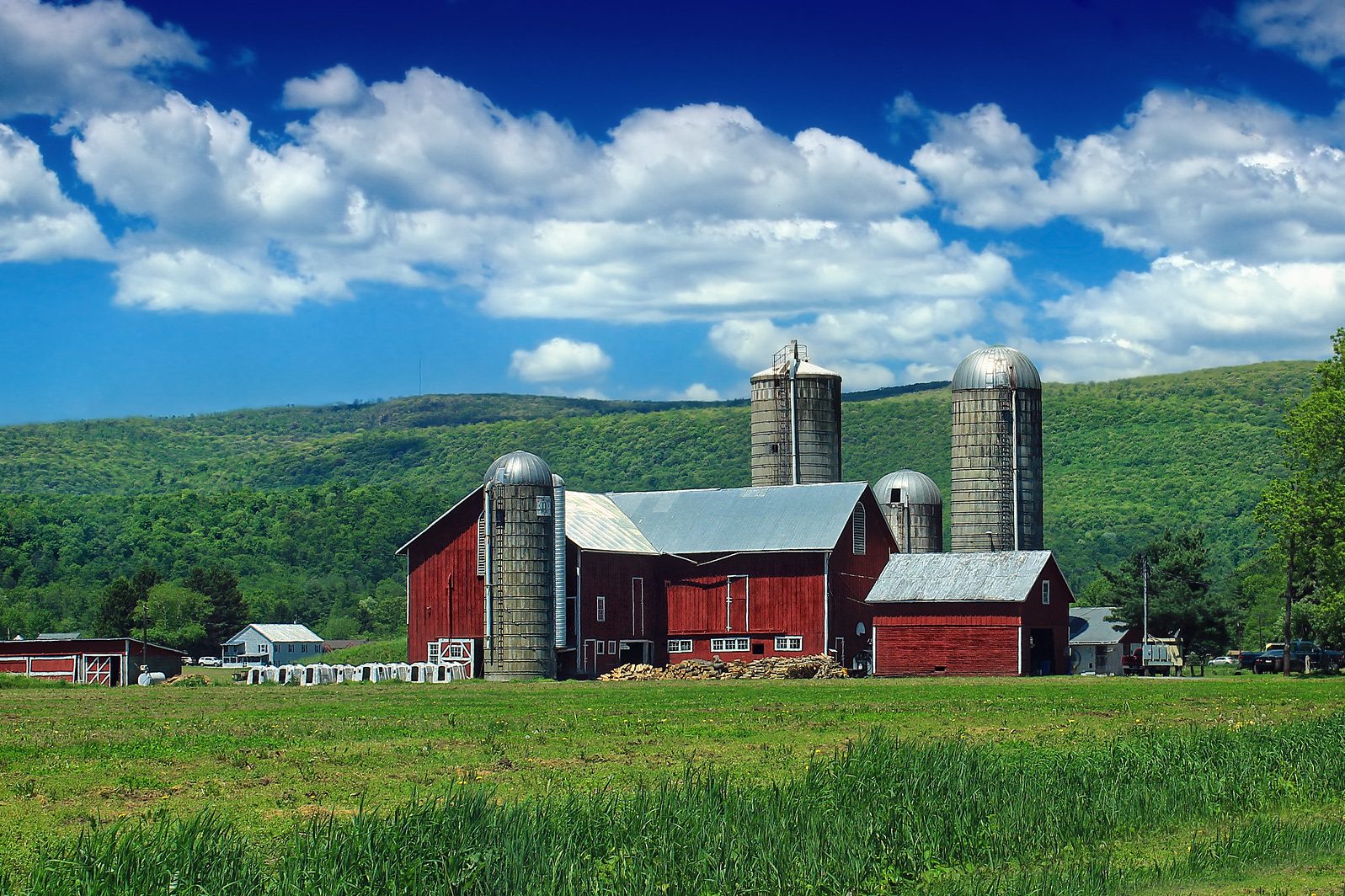Pennsylvania’s epic nine-month budget battle is finally over. Last week, Governor Tom Wolf announced he wouldn’t veto a Republican-backed spending bill, freeing up money for public schools and other programs.
Rick Roush, dean of Penn State University’s College of Agricultural Sciences, was among those breathing a sigh of relief. Without the new funding, the university’s century-old agricultural extension program would have been facing some tough choices.
“We were very seriously facing having to send out layoff notices to at least 1,100 employees on the first of May,” Roush says. “I have to say, we were very worried—and the worry was shared at the highest levels of the administration of the university.”
LISTEN: “Penn State’s Ag Extension Program Gets a Lifeline”
Penn State’s agricultural extension helps farmers and communities throughout the state, staffing farming experts and researchers for each of the state’s 67 counties. The program was started in the early 1900s to make scientific research and expertise available to farmers. Today, the program works with 33,000 farmers across Pennsylvania on everything from reducing chemical runoff into waterways to managing habitat for wildlife to identifying threats to the state’s $140-million fruit industry.
“A big part of what the college and extension do is to look at invasive pests,” Roush says. “Because we’re in every county, we have people on the ground, spread out across the state, they’re often the first detectors of a new invasive pest species or a blight or anything like that.”
Roush says if they had started laying people off, there was a real risk that the whole ag extension system would fall apart. Under the supplemental budget bill, the extension program will get $50 million this year, largely from federal agencies like the USDA.
“That’s federal tax money that wouldn’t have been coming back to Pennsylvania to address our problems,” Roush says.
Roush says neighboring states are increasing investments in agriculture. Ohio State University, for one, has committed $100 million to transform the state’s food system.
“We look with envy at what’s happening in Ohio and New York and other places across the country,” Roush says. “They’re increasingly being able to build on this vision of a more sustainable agricultural future—one that’s climate change adapted, one that’s reducing greenhouse gas emissions. All those kinds of things we want to do as well, but they’re in a position where they can act on it, because they’ve got resources that can really take it to the field in a stronger way than we can.”
Instead of new investments like this, Roush says he’s looking at Pennsylvania’s $2-billion budget deficit and worrying about long-term funding for his staff and programs.


